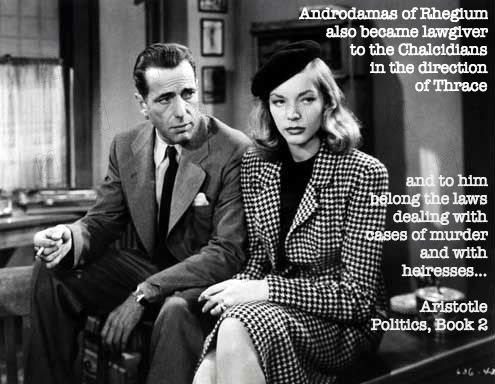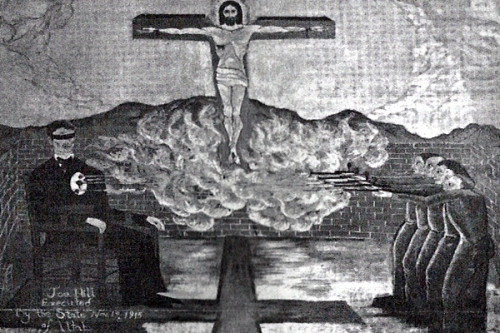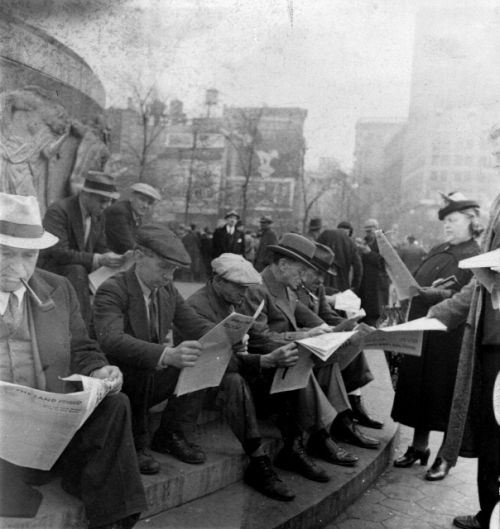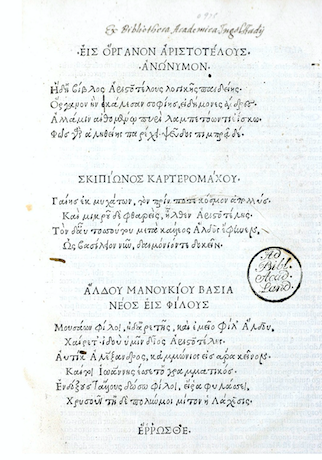Right, so as always it is the correct decision to listen to the latest episode of The Josias podcast. So go do that.
It seems right to me to say that contemporary progressivist liberalism “leads with ethics,” and is founded, as Rorty/Shklar claim it is, on the base-level assertion that cruelty is what we must not do, and that cruelty is at its center indifference. This is Montaignean liberalism.
There is however another element to it that I think is missing from this discussion of progressivism’s ethic/priorities: authenticity, being “true to yourself,” avoiding having an identity imposed on you from outside, but finding your identity within. Both of these together make up the categorical imperative of what might be called Presley progressivism: “Don’t be cruel to a heart that’s true.”

[Note: this is actually wrong, because Elvis’ true heart is ofc true to someone else in the song, not true to his authentic self. But I REALLY like Presley Progressivism as a tagline, and the category is v useful.]
Here’s the thing. These Presley Progressives are very close to correct. The anti-cruelty and anti-indifference ethos of progressives can be mocked as u must feel the feelz but it is in fact a pale and secularized version of misericordia. You really want to reject this wholesale, you are in the territory of altright nietzsche-bros who rightly see progressive liberalism as a Christian heresy. Burn that mercy out of you– you can, if you try– and you’ll be as free as you want to be to own the libs with a high and aristocratic contempt.
What you will not be free to be, however, is fully human. And, as this ep discusses, it is the Thomist as against the enlightenment view of politics and society that allows humans to be fundamentally humane, fundamentally in relationship rather than opposed to each other. To be, by nature, political animals, and to be, under grace, about the business of peace and of the faith.
OK, so anyway, back to the bit I think the ep left out: the progressivist cult of authenticity. This insistence on authenticity is pretty often mocked by conservatives as irrational or opposed to external reality, but it is in fact a pale and secularized version of the idea that each person has a nature, that that nature is not imposed from outside but is baked in, and that living out that nature is in fact what we’re meant to do.
Progressive liberals have in their ethos a very strong and powerful instinctive and emotional link to this reality. What they don’t have is anything other than this instinct, this emotion.
Likewise, they feel that misericordia is needed, but they don’t know that they are right about this, that there is a reality, an objective good, to which this feeling corresponds. They don’t know this, they deny this, even though they speak and act as though it were true— they call others who don’t pity to account for feelz not felt as conservatives (rightly) call others to account for injustice.
And yes, feelz are not mercy. At all. But they’re the closest progressives have, and their attachment to feelz is an essential sign of health. It is, at least, better than the alternative.
Some progressive liberals and some conservative Christian moralists, in fact, seem to be locked in a kind of opposition to each other that seems to be fundamentally structured by the Kantian/Humean divorce of subjective joy from duty and the good on the one hand, and of facts from values on the other. To say “feelz suck, all that matters is the stern fact of the matter” as some conservatives do is weirdly satisfying and makes you feel like a badass, but it’s buying in to this divorce.
Where we’d really get behind this opposition is if we started actually believing that mercy, and the active, non-indifferent attentive love that is the opposite of cruelty, are both our duty and our delight, and that these are not just good because they lead to subjective utilitarian better life experiences, but that they are good because they reflect the nature of God.
This is love that is better than niceness, because it is willing both to experience misericordia and to confront another person when what he is doing will wrong himself or others, even if such confrontation seems at the moment to be “mean.” This is the kind of love that satisfies but actually doubles down on and is much better than the progressive commitment to “kindness.”
Likewise, we need to be able to affirm the progressive commitment to authenticity— to the heart that’s true— and to say that yes, there really is a you that it is possible to be untrue to. To do what some conservatives do and mock the idea of authenticity is to mock one intuition that some progressives have right. They’re often wonderfully essentialist when they talk about this: there is an inner self to be discovered, not invented, and that inner self can’t be negotiated away, and must be lived out.
But we can say more: that that self is of a certain kind— it is a *human* self— and that understanding yourself as sharing a nature with others, and also as being in relationships with others that you did not choose any more than you chose your own identity, is not a restriction on freedom, but a release into the freedom to actually be yourself. You are unique before God; but you are also a human person, a man or a woman, a son and father and brother and friend, a king or a subject; you did not always choose to be these things, but you nevertheless are them; you do not (or you do not entirely) get to define what even those that you do choose mean; and to abstract yourself from these categories and duties does not make you more true to yourself but less so.
It’s from this perspective that the Christian virtue ethicist can, weirdly, chime in with both the progressivists and the Nietzsche-bros:
Become who you are. Contra the Nietzsche-bros and the progressives, however, Who you are is not just a given, but is in truth a gift, and to become it is to come to know the Giver.
















